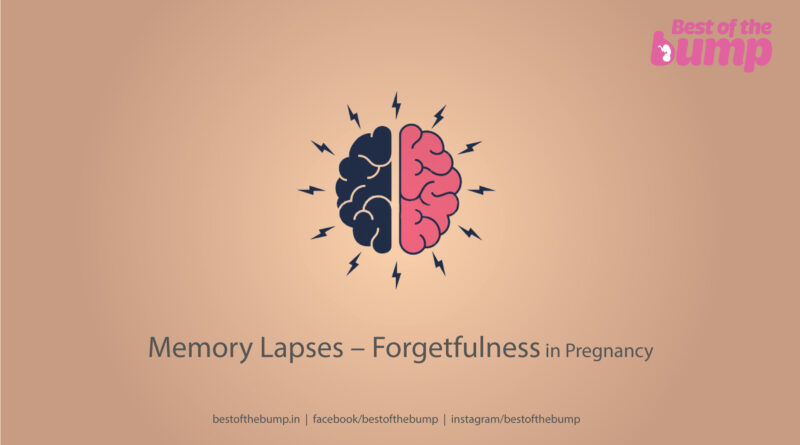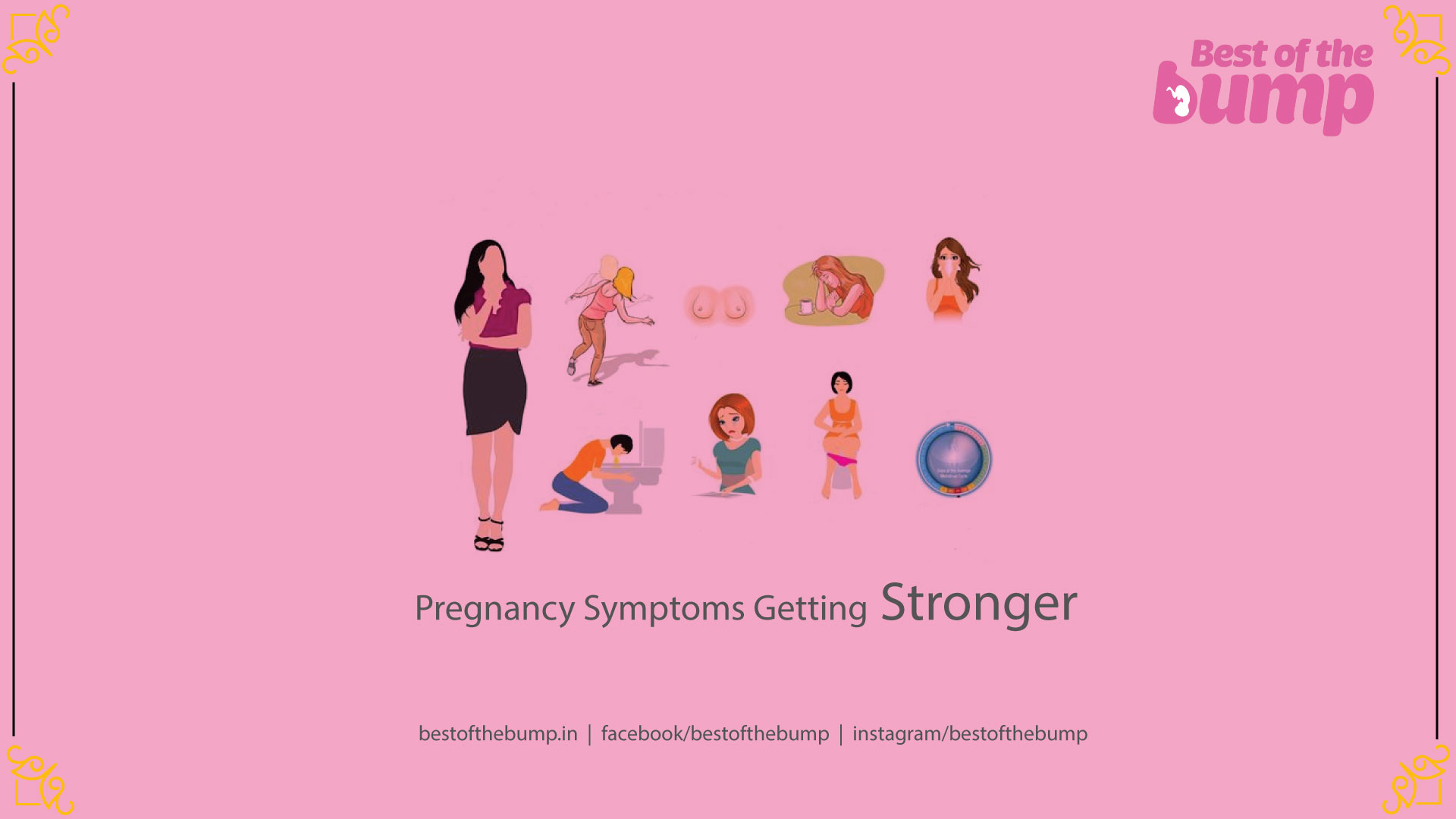Memory Lapses – Forgetfulness in Pregnancy
Forgetfulness in Pregnancy, Pregnancy is a remarkable journey marked by numerous physical and emotional changes as a woman’s body prepares to bring a new life into the world. Amidst the excitement and anticipation, many expectant mothers find themselves experiencing a phenomenon commonly known as “pregnancy brain” or “momnesia.” This is characterized by forgetfulness and a general sense of mental fog that can sometimes feel frustrating or even worrisome. However, it’s essential to understand that this forgetfulness is a normal occurrence, driven by a combination of hormonal fluctuations, physiological changes, and the demands of pregnancy itself.
The Hormonal Rollercoaster
Forgetfulness in Pregnancy, one of the primary factors contributing to memory lapses during pregnancy is the surge of hormones that play a crucial role in supporting the development of the fetus and maintaining a healthy pregnancy. Hormones like estrogen, progesterone, and even cortisol are working overtime, orchestrating a symphony of changes within the body. While these hormones are vital for the successful progression of pregnancy, they can also have unintended effects on cognitive functions.
Estrogen, in particular, has been linked to cognitive processes like memory and attention. During pregnancy, estrogen levels soar to support the growth of the placenta and regulate various bodily functions. However, the influx of estrogen can impact neurotransmitter activity in the brain, leading to occasional memory lapses and forgetfulness.
Pregnancy Brain: Fact or Fiction?
Forgetfulness in Pregnancy, “Pregnancy brain” has become a widely recognized term that encapsulates the forgetfulness and mental fuzziness experienced by many pregnant women. This phenomenon is not a myth; scientific research has shown that changes in brain structure and function do occur during pregnancy. The brain undergoes a process called “neuroplasticity,” where it adapts to the unique demands of pregnancy and prepares for the challenges of motherhood.
Regions of the brain responsible for emotional processing, social cognition, and maternal instincts experience changes in connectivity and activity. This reorganization might lead to temporary shifts in cognitive abilities, including memory and attention. However, it’s crucial to note that these changes are not detrimental and are typically reversible postpartum.
The Sleep Connection (Forgetfulness in Pregnancy)

Forgetfulness in Pregnancy, Sleep is a cornerstone of cognitive function, and it’s no secret that many pregnant women struggle with getting adequate rest due to physical discomfort, hormonal fluctuations, and the increasing size of the baby bump. Sleep deprivation can have a profound impact on memory, attention, and overall cognitive performance. The combination of hormonal changes and sleep disturbances can create a perfect storm for forgetfulness and cognitive hiccups.
As pregnancy progresses, finding a comfortable sleeping position becomes increasingly challenging. Frequent trips to the bathroom, leg cramps, and the general discomfort of carrying a growing baby can disrupt sleep patterns. The resulting sleep deprivation further compounds the cognitive challenges posed by hormonal fluctuations, leading to more pronounced memory lapses.
Coping Strategies: Navigating Forgetfulness
Forgetfulness in Pregnancy, while it’s reassuring to know that pregnancy brain is a common occurrence, finding effective strategies to cope with forgetfulness can significantly improve the overall pregnancy experience. Here are some practical tips to navigate this temporary phase:
The organization is key
Embrace technology by using digital calendars, reminder apps, and to-do lists to keep track of appointments, tasks, and shopping lists. These tools can offload the burden from your memory and ensure that important details aren’t forgotten.
Prioritize Self-Care
Forgetfulness in Pregnancy, taking care of yourself is vital during pregnancy. Make sleep a priority by establishing a bedtime routine, creating a comfortable sleep environment, and incorporating relaxation techniques. Quality sleep can enhance cognitive function and help counteract the effects of forgetfulness.
Mindfulness and Mental Exercises

Engaging in mindfulness practices and cognitive exercises can help maintain mental sharpness. Activities like puzzles, memory games, and meditation can stimulate brain activity and counteract cognitive fog.
Delegate and Seek Support
Recognize that you don’t have to do it all alone. Delegate tasks to partners, family members, or friends when possible. Opening up about your forgetfulness can also lead to understanding and support from those around you.
Stay Hydrated and Nourished

Forgetfulness in Pregnancy, proper hydration, and balanced nutrition are essential for brain function. Dehydration and nutrient deficiencies can exacerbate cognitive challenges, so prioritize consuming a variety of nutrients and staying adequately hydrated.
Forgetfulness in Pregnancy, Pregnancy is a transformative journey filled with excitement, challenges, and growth. While forgetfulness and memory lapses might be temporary side effects, they are indicative of the intricate interplay between hormonal changes, physiological adaptations, and the demands of pregnancy. Rather than causing worry, this phenomenon serves as a reminder of the incredible journey a woman’s body undergoes to bring a new life into the world.
Understanding that “pregnancy brain” is a normal part of the process can help expectant mothers approach this phase with patience and self-compassion. By implementing coping strategies, staying organized, prioritizing self-care, and seeking support, women can navigate this phase with greater ease and confidence. As the body prepares to welcome a new member into the family, the mind too is making space for the challenges and joys of motherhood.




